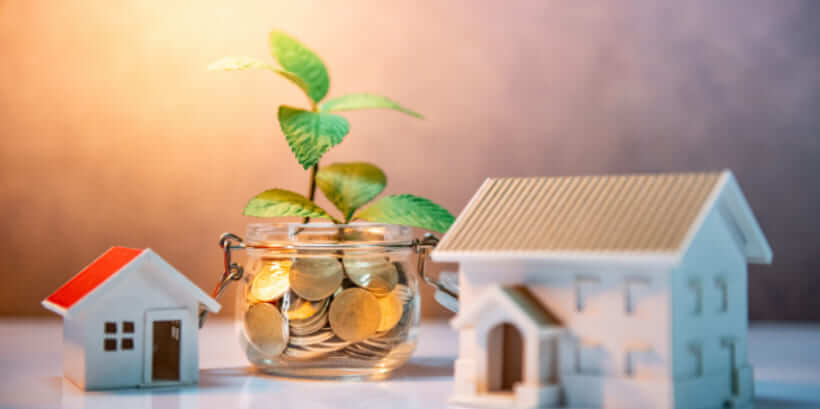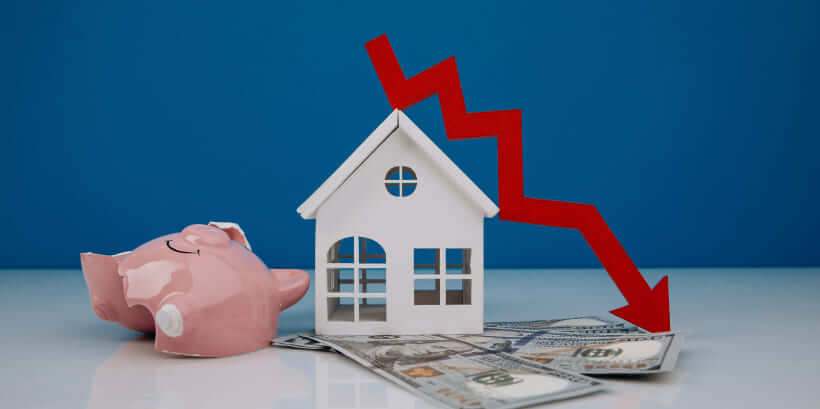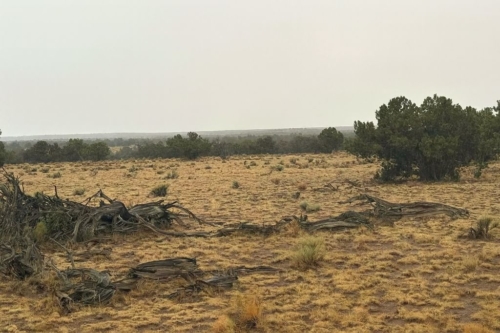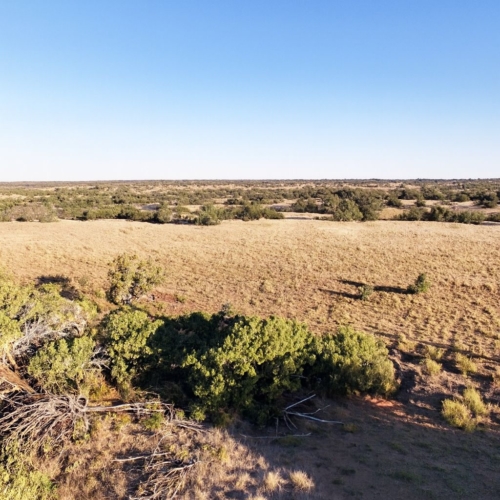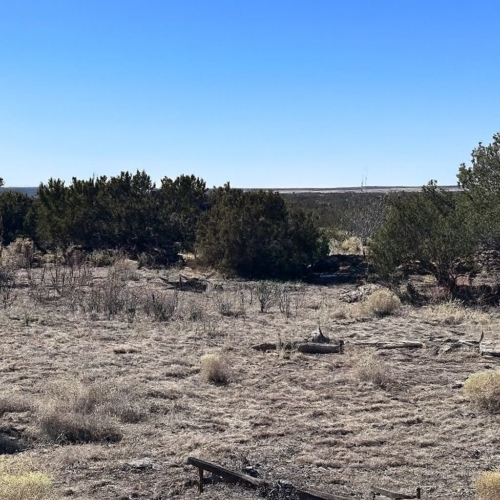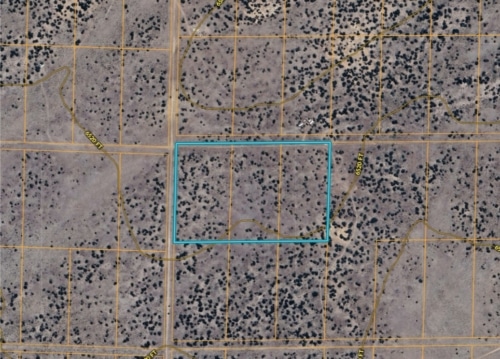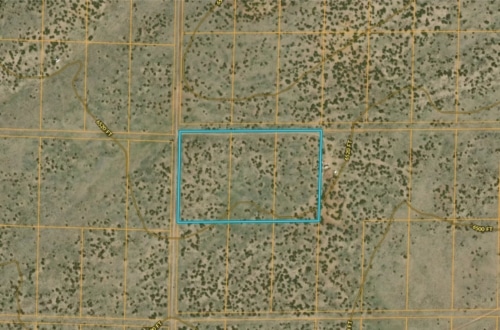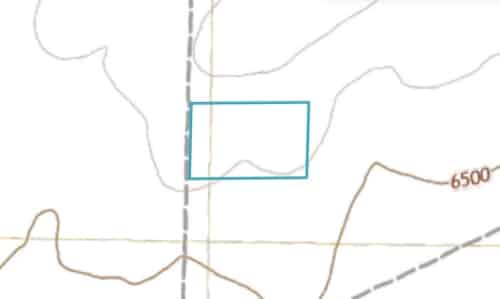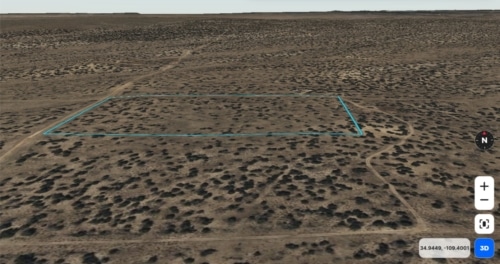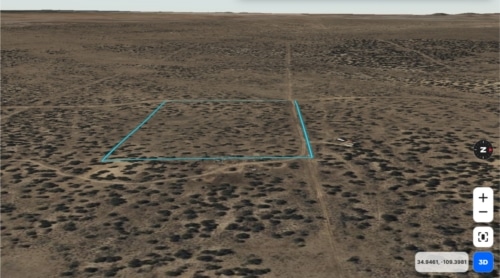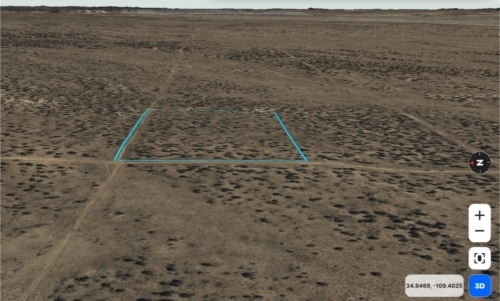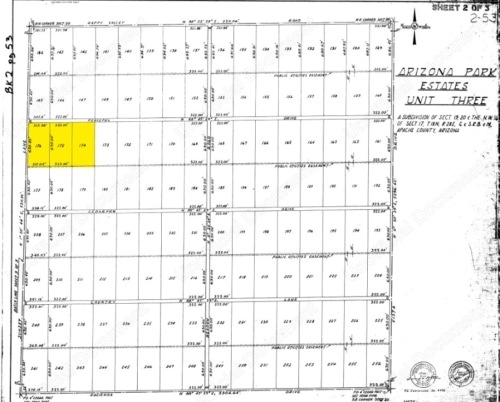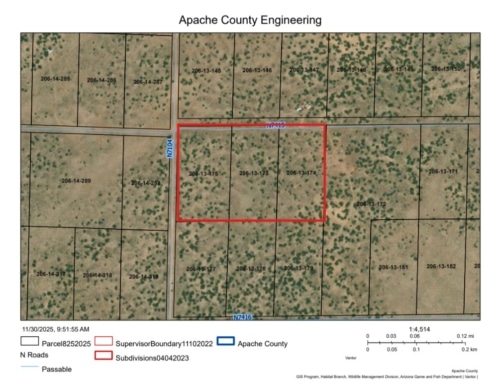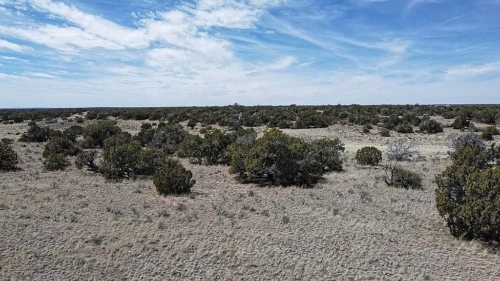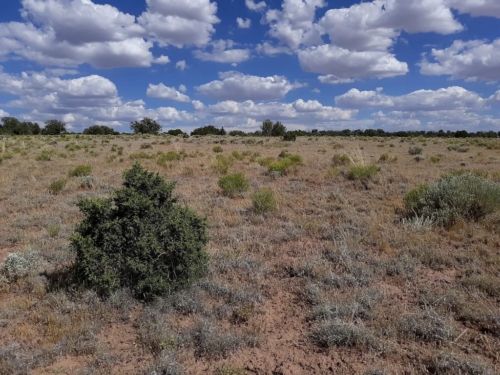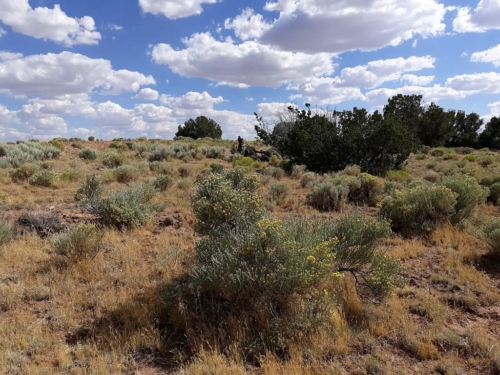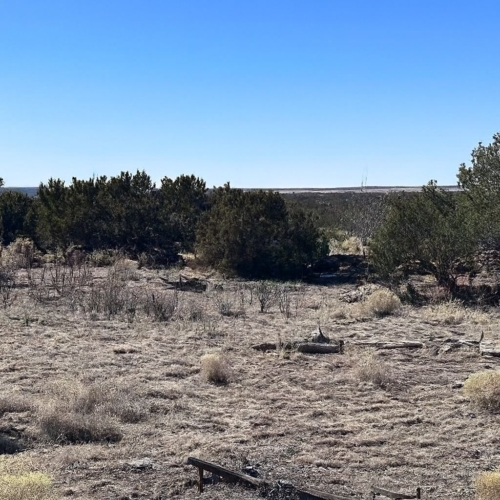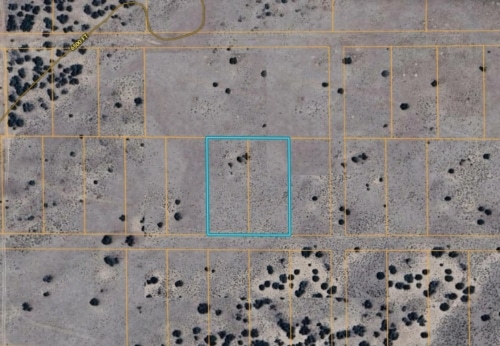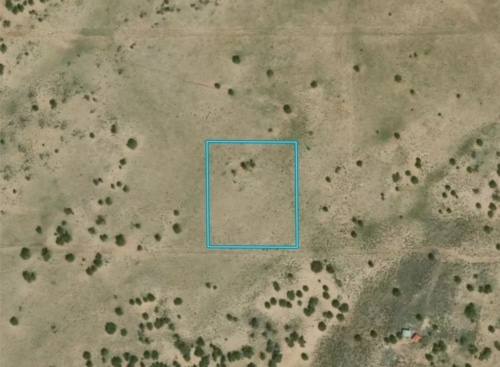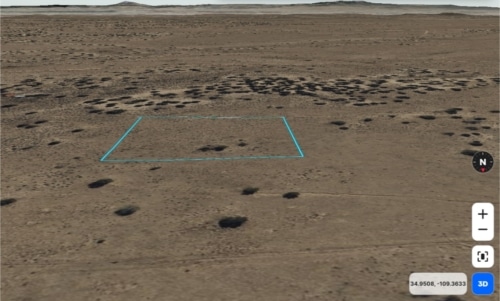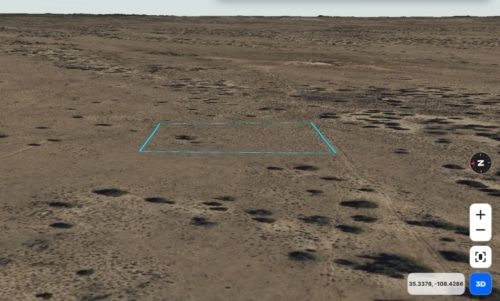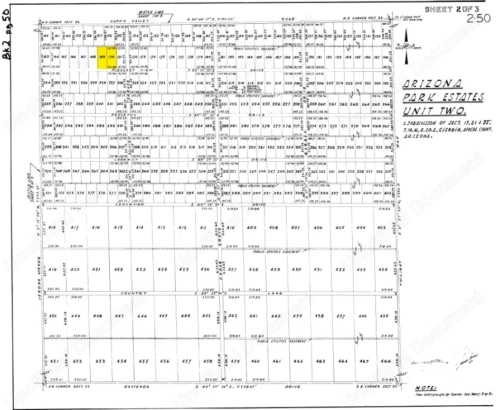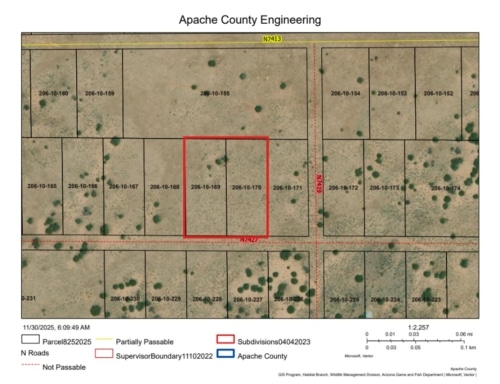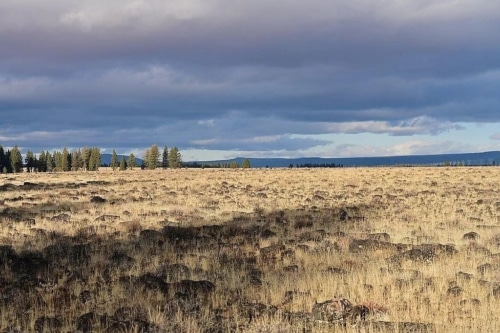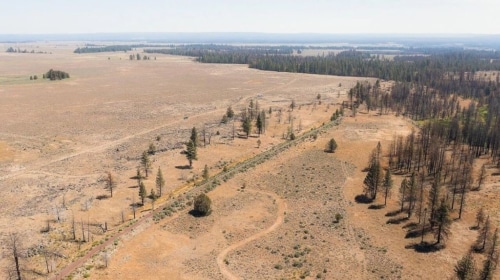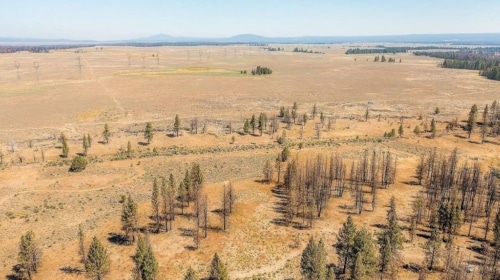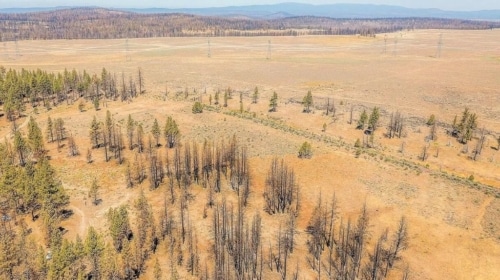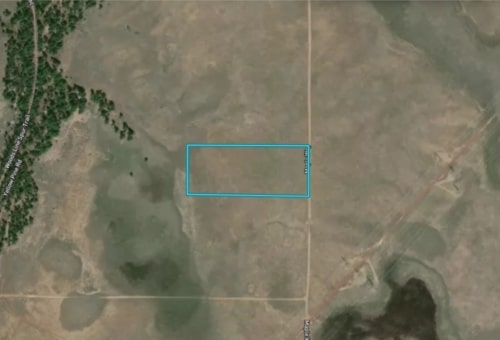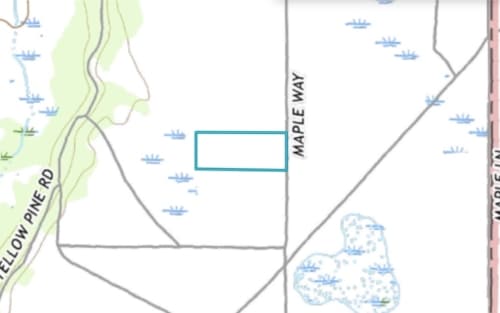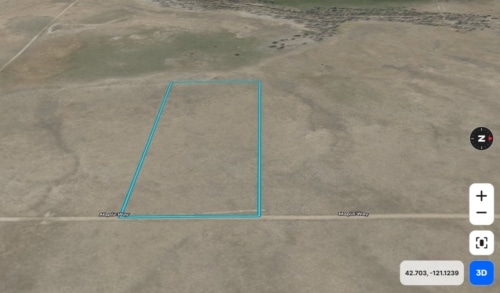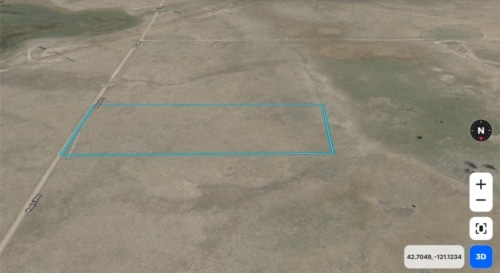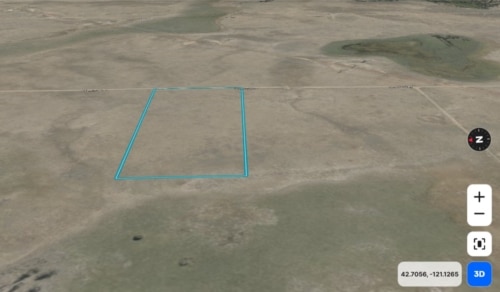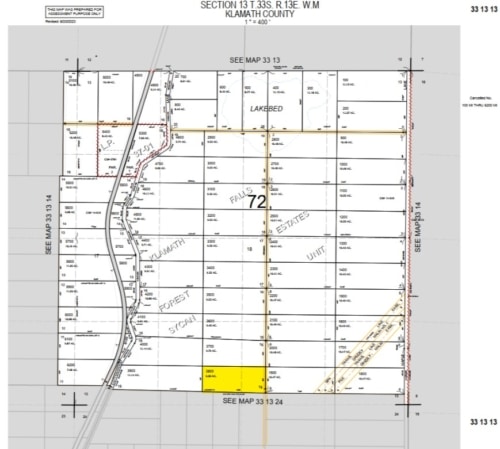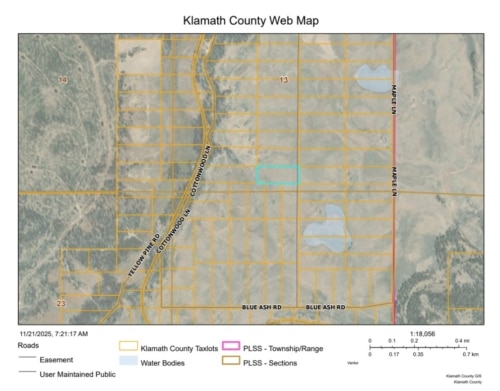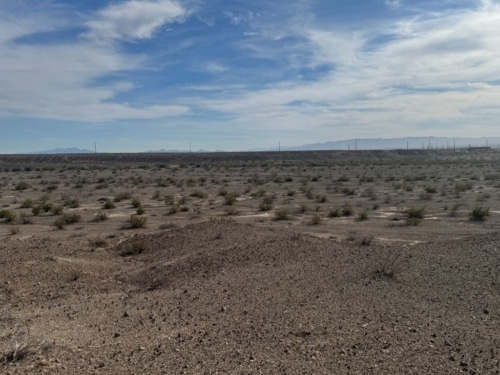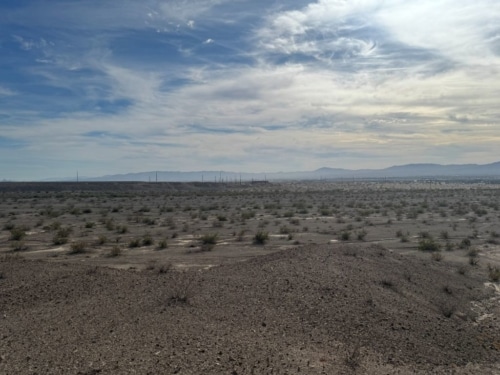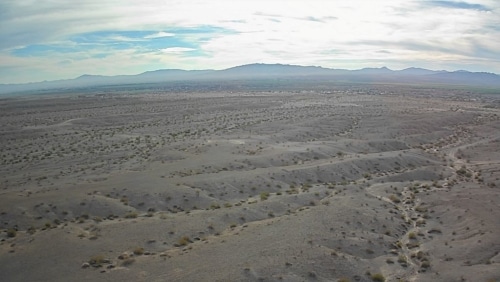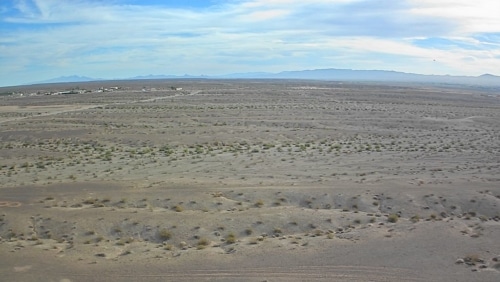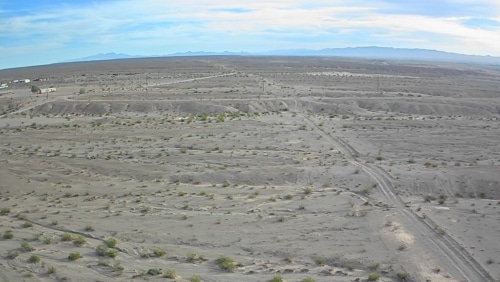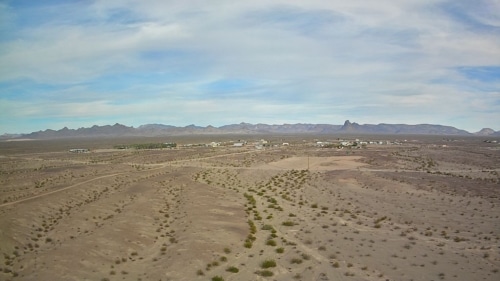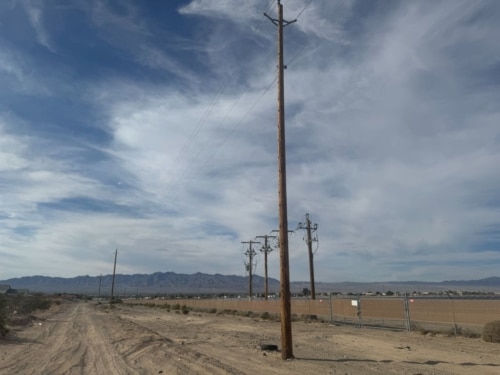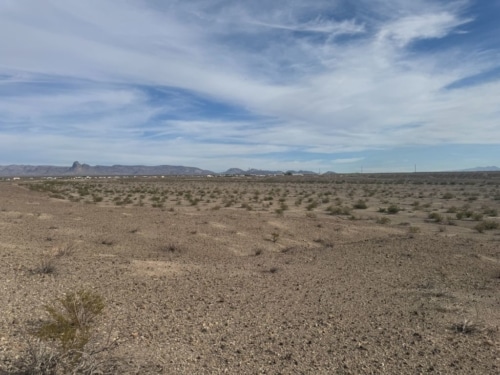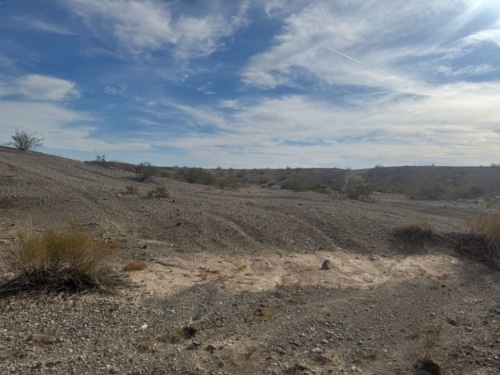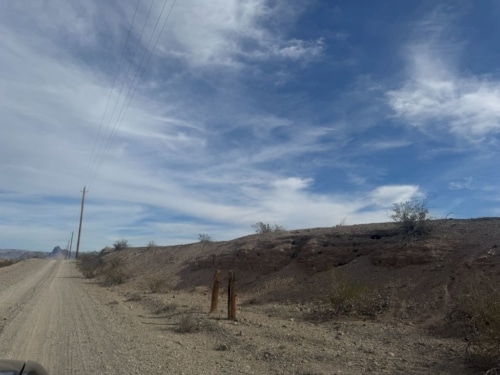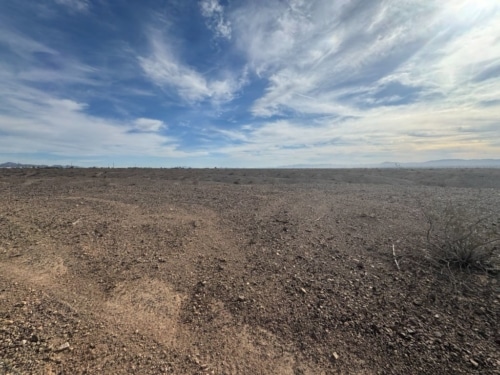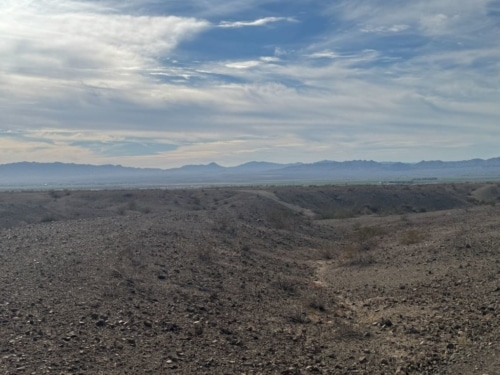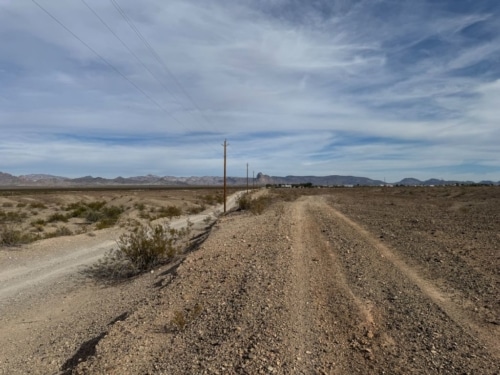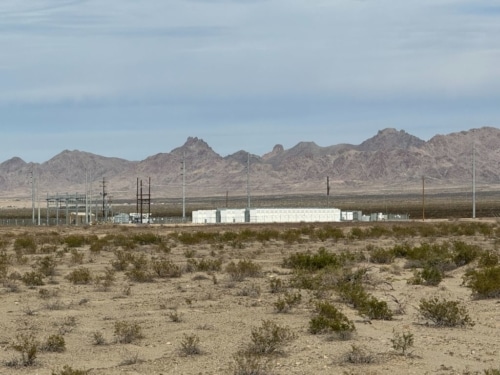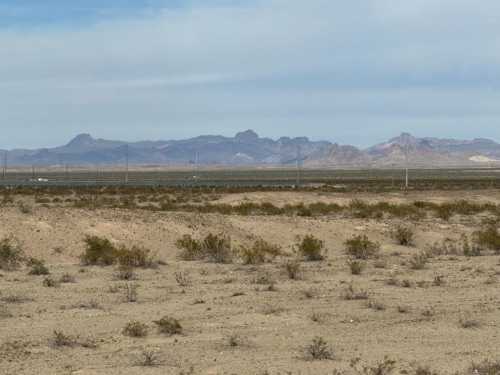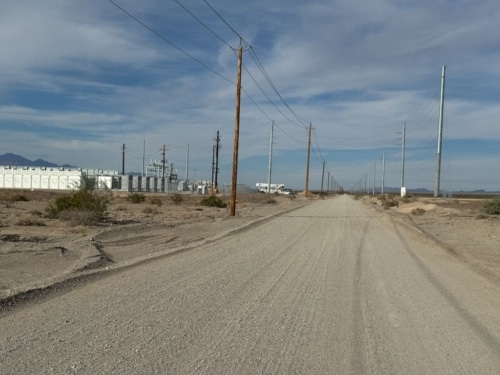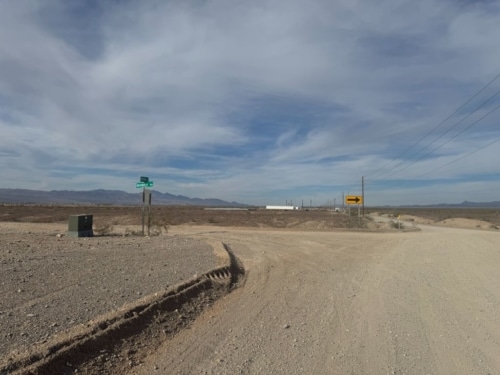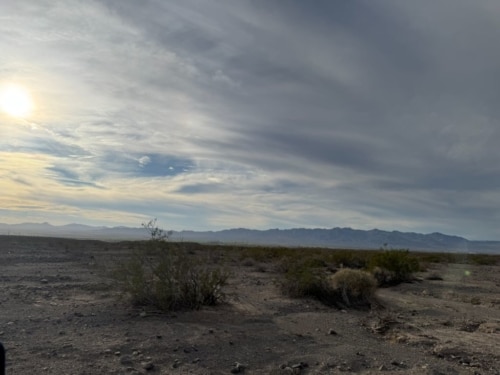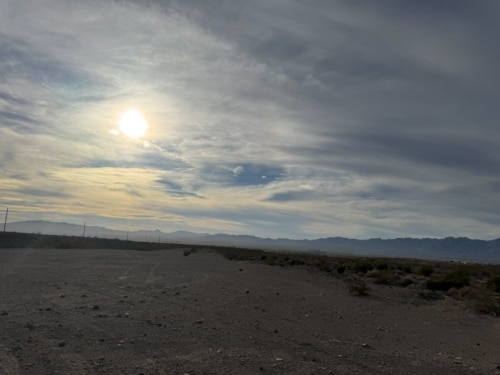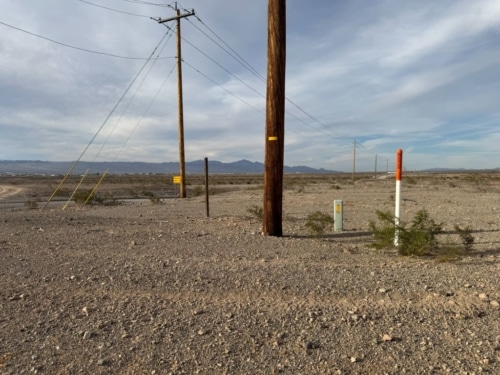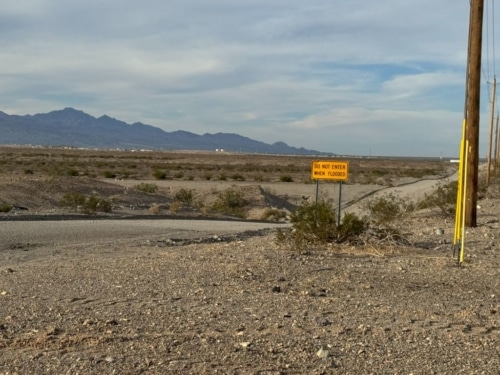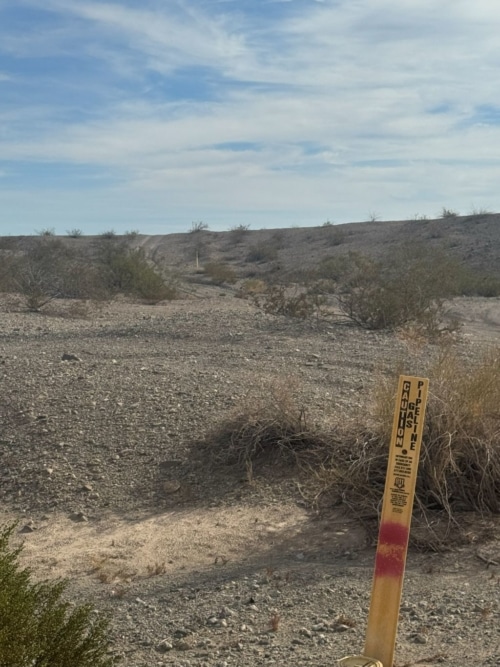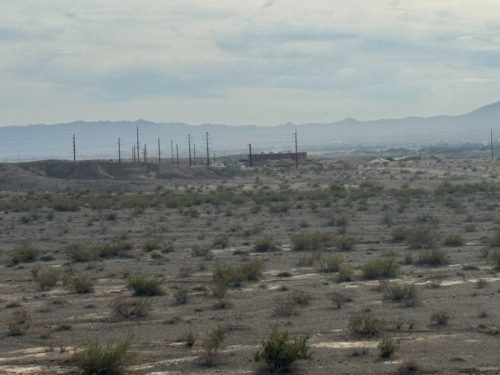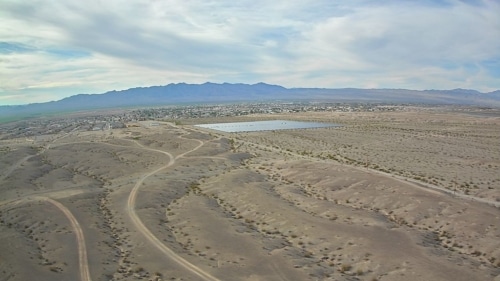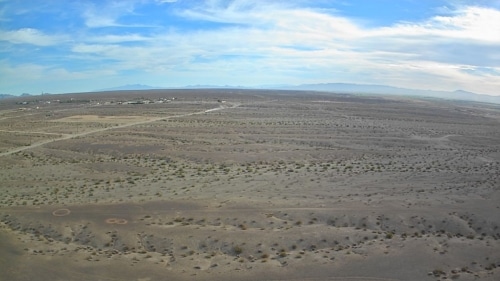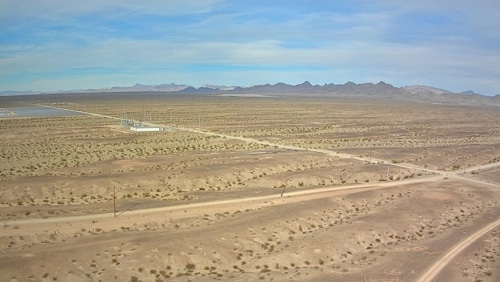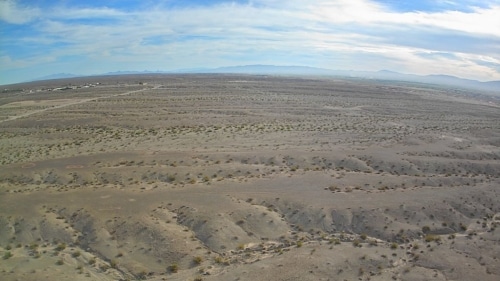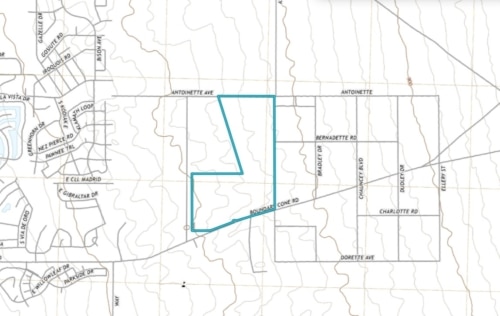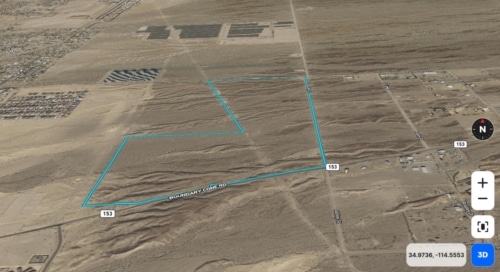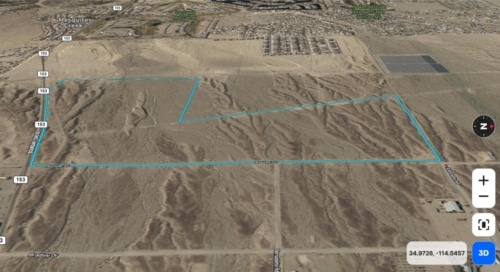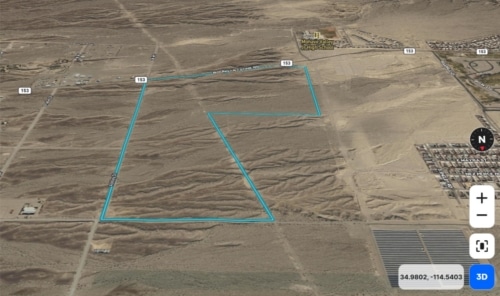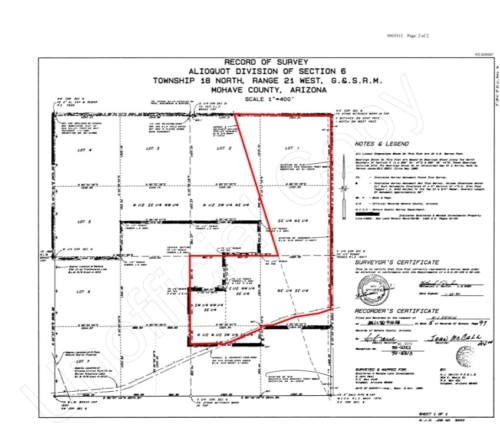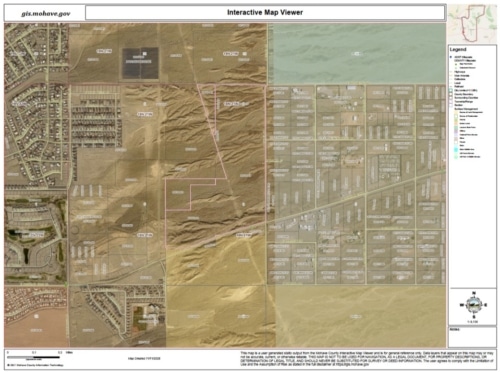Mr. Shaw retired early; however, he is facing a big dilemma. Where should he invest his lifetime savings?
At this stage, he is not looking for a risky endeavor like investment in stocks or shares. So, the most accessible option for him is either to purchase land or a house. Investing money in real estate is not an effortless task. He must look for a safe avenue to avoid major losses owing to market volatility. He must also make sure the investment doesn't affect his lifestyle, expenses, or other factors.
For any first-time investor in the real estate market, deciding which is a better investment land or house can be overwhelming. If you are also stuck between buying land vs home, this blog is for you.
Keep reading to know the key differences between investing in land vs house.
Table of Contents
Investing in Land vs House: A Comparison Table
Are you confused about whether to buy land or a house to start your real estate investment journey? The investing in land vs house table below displays the crucial points that shall help you decide what aligns better with your goals.
| Investing in the land | Investing in a house |
|---|---|
| The purchase cost of raw land is comparatively lower. | The purchase cost is higher than raw land. |
| Carries minimal maintenance requirements charges. | Regular maintenance is mandatory. |
| Attracts long-term value appreciation. Hence, high-income potential. | You can earn better with monthly rental income. |
| Holds moderate to low liquidity potential. | Holds high liquidity potential. |
| Limited tax benefits. | High tax benefits and deduction potential. |
| Low emotional value. | High emotional satisfaction level. |
| The resale potential is highly dependent on the location. | Comparatively steady resale demand. |
| Development opportunities for raw land are higher and comparatively flexible. | Fixed structure, thus, has fewer development opportunities. |
| There is very little to no chance of land value depreciation. | The value of the house can depreciate over time. |
| Requires additional planning for development. | Houses are ready to use and live in. |
| It holds low volatility and associated market risks. | Higher market fluctuations. |
Reasons to Invest in Land
For a deeper understanding of land vs house investments to make the right decision, let's take you through the reasons why choosing land can help your finances.
-
Cost-Effectiveness
Buying land vs house for investment often costs less. Unlike houses, land does not come with additional expenses like furnishing or renovations. Furthermore, you do not have to spend regularly maintaining raw land to attract buyers. Therefore, the overall maintenance expense behind raw land is almost negligible and does not burden your finances. So, with available finances, you can quickly buy land for sale and hold it until you are ready to develop or resell it.
-
Long-Term Value
The value of land rarely depreciates as compared to houses. With urban expansion, the demand for land in key areas, like land for sale in Missouri or Arizona land for sale, tends to increase. This means the chances of losses in a volatile market condition are fairly low. Therefore, if you are looking forward to investing your finances to earn long-term returns, land investments are your go-to option.
-
Flexibility in Use
Investors can develop the land as they see fit or hold it for appreciation. This makes land investment versatile. For instance, you can purchase cheap land for sale in Oregon and build a home, barn, or camping ground on the same depending on your goals. If you are buying land near a national park, you can set up recreational hunting lands or fishing areas and earn passive returns. Therefore, flexibility and endless development opportunities always help keep the demand for raw land high.
-
Lower Maintenance
This is another reason that makes investing in the land a good decision when considering investing in land vs house. Land requires minimal upkeep compared to maintaining a house, making it an easier option for long-term investment. Furthermore, regardless of the maintenance expense, the over-the-year appreciation makes investing in land a better option.
Pros of Investing in Land
To help you make an informed decision regarding which is better between investment property vs. home ownership, here are some of the advantages of land investments you can investigate.
- Potential for high appreciation
- Lower entry costs
- Flexibility in development
- Minimal maintenance
Cons of Investing in Land
Besides the above advantages, you must be aware of the following cons of land while choosing between investing in land vs house.
- Dependent on market demand and location for appreciation
- Limited financing options
- No immediate cash flow
Reasons to Invest in House
To help you with a comprehensive understanding and choose which is better while considering investing in land vs house, here are some reasons to invest in a house that you must investigate.
-
Tax Benefits
Governments often provide tax deductions for homeowners and landlords, making investment property vs home ownership more appealing financially.
-
Rental Income
Between investing in land vs house, the latter is a great opportunity for investors who are looking for a steady, regular, and passive source of income. A house can generate monthly income, offering steady returns from tenants.
-
Liquidity
While considering land vs house investment, we must note that the latter offers a ready-to-move infrastructure. Thus, people looking for a place to live near their occupation zone will always look to purchase or rent a house. Therefore, selling a house is typically quicker due to consistent demand in the housing market.
Pros of Investing in House
Here are a few advantages of buying a house to help you decide which is a better investment- land or house.
- High liquidity
- Easier financing availability
- Generates passive rental income
- Tax advantages
Cons of Investing in House
Besides the above advantages, consider making a note of the following cons of investments in house over land investments.
- Requires regular repairs
- Market fluctuations affect the value
- High maintenance costs
Factors Affecting Investing in Land vs House Decision
Now you know what the main points of differences are between buying land vs. house for investments. To make an informed decision, consider keeping in mind the following factors that might impact your investment plan.
-
Location
Consider looking for properties in high-demand areas. For example, cheap land for sale in Oregon offers affordable options for long-term appreciation.
-
Budget
You should evaluate your financial capability while considering land vs house investments. A house typically requires a larger initial investment. Raw land investment on the other hand is easy to acquire if you have a considerably tight budget to afford a house.
-
Investment Goals
To go ahead with any real estate investment, consider having an idea about your investment goals. Determine if you prefer passive income (house) or asset appreciation (land). Taking this into consideration, you must develop a comprehensive land-buying guide.
-
Risk Tolerance
Investing in land vs houses may face market volatility, while land requires patience for value appreciation. So, consider being aware of your risk potential to avoid purchasing your repayment capability.
-
Financing
Between land vs house investment, lenders tend to provide more loans to finance the former over lands. So, if you are unable to fund your investment plans through mainstream lenders, consider seeking alternative investment options such as owner financing.
-
Maintenance and Management
This is another important factor to consider when investing in land vs house. A house requires more maintenance and active management than land. Therefore, if you are unwilling to manage regular maintenance upkeep for your real estate investment, consider purchasing raw land.
-
Future
You should also consider if you plan to develop or resell the property. With land as an asset, the choice often aligns with long-term goals.
Bottom Line
This is everything you and Mr Shaw must know to decide which is a better investment- land vs house?
The right choice is subjective to every investor and depends on your objectives and circumstances. Whether you prefer land, given its low-maintenance needs, lower costs, and flexible development opportunities, or a house for its ease of accessibility, APXN Property can be the perfect investment guide for you.
So, if you are planning to invest in land or looking for the perfect land for your investment plans in the USA, explore our land listings at APXN Property. From listing in top States to buy land in USA to owner financing options, we offer tailored solutions to help you achieve your real estate goals.






